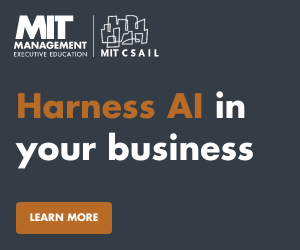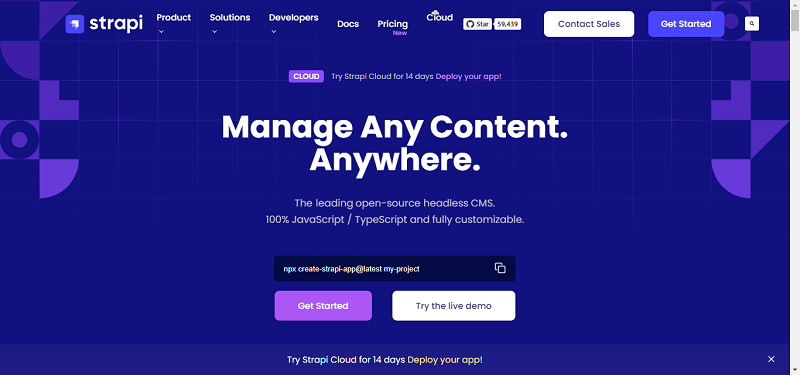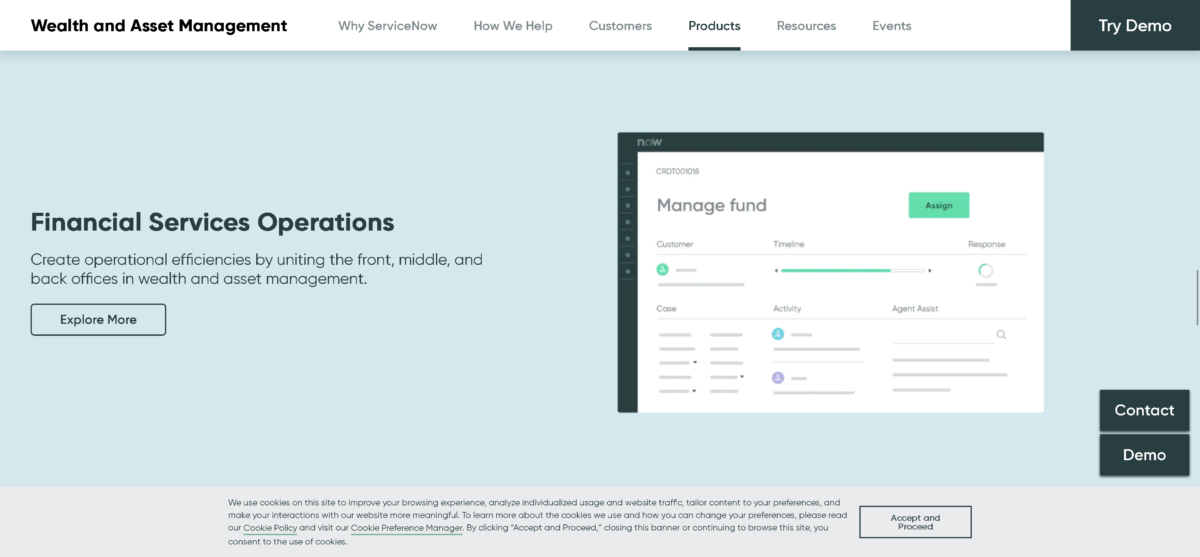We have entered the Information Era
Building on the groundwork of automation, connectivity and computing power that defined digital, the Information Era is characterized by our unprecedented ability to capture, store and make sense of masses of information. By next year, humans will have accumulated around 44 zettabytes (44 trillion gigabytes) of data. To put this into context, this number represents 40 times more bytes of data in our digital universe than there are stars in the observable universe. Ninety percent of that data has been created in just the last two years.
In the Information Era, the growth curve is exponential. We are simultaneously generating more information than we ever have… and substantially less than we ever will again.
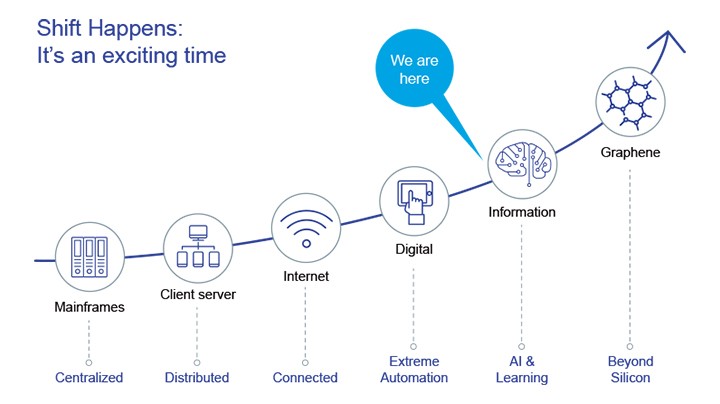
Technological Progress—The Information Era
Technologies like artificial intelligence (AI), APIs, the Internet of Things (IoT) and cloud are at the heart of this new information paradigm. They create huge amounts of data. Likewise, they are fueled by data. Businesses must find ways to harness this information and embrace the insights it will bring to how we consume, work and live.
What impact will these transformational technologies have?
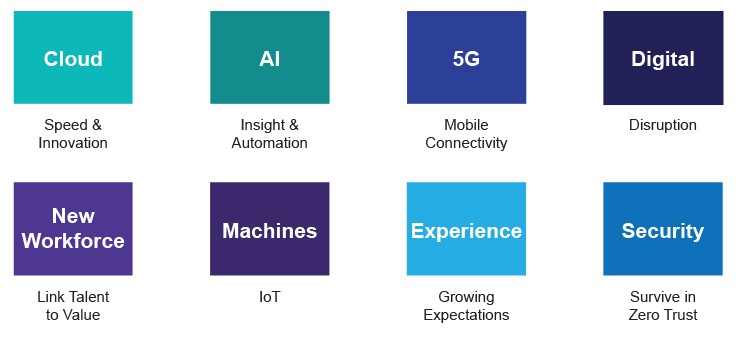
A New Wave of Technologies
Today, the destination for innovation is indisputably the cloud. It is the platform for new technologies and disruptions. Businesses of all sizes rely on a combination of public and private clouds, managed services and off-cloud solutions—but what remains constant is the imperative to modernize technology infrastructure and leverage existing investments. The cloud is fast. The cloud is agile. The cloud reduces cost. The cloud is scalable. But most significantly, the cloud opens the door to growth and potential.
Automation is no longer enough. It is necessary, but it is not sufficient. The next horizon is artificial intelligence and Machine Learning technology. Machine learning is forecasted to receive an influx of capital, growing from $1.58 billion globally in 2017 to $20.83 billion in 2024. AI can achieve information processing feats impossible for humans alone. That is why raw data assets must be—and can be—made completely machine-readable. AI will enrich our data, delivering vital insights to businesses and consumers alike.
5G is going to change the world. Information will be immediate, and we will see an explosion in big data. Every industry, from healthcare to transportation to manufacturing, will be vying to adopt technologies to leverage 5G capabilities. Connections between information, people and machines will be seamless.
From the post-digital vantage point, the fallout from the massive digital disruption of the last decade is apparent. Business empires have risen and fallen. Disruptors have replaced slow-to-adapt incumbents at breakneck speed. What information disruptions will shake the world in this new Information Era?
There is a new workforce. In the next five years, 61 million Gen Zers will enter the workforce, outnumbering both Baby Boomers and Millennials. Having grown up digital with the sum of humanity’s knowledge at its fingertips, this generation moves faster and innovates like no other. Furthermore, up to 800 million jobs will be filled by robots by 2030. The workforce of the future will live and breathe information. Competition for top talent will be fierce. To flourish in this future, businesses must adopt new ways to work.
Connected machines are now ubiquitous. Thermostats—connected. Vehicles—connected. Manufacturing robots—connected. Wearable technology—connected. And so on. The Internet of Things is reshaping every industry and consumer space, which will only be accelerated by 5G connectivity. Each machine will generate hordes of information that can be used to improve everything from businesses to cities to human lives.
Customer experiences were once one-size-fits-all. No longer. With the Internet of Me, customers have come to expect personalized experiences. Data allows recommendations and customer journeys to be tailored to each person’s unique interests and taste. Information powers successful customer relationships.
Information is an organization’s most valuable resource and wherever it resides, it must be secure. Consider the frequency of large-scale, high-profile information security breaches; the security environment has become Zero Trust—with good reason. Firewalls and traditional security measures are outdated. Information must be protected in new ways in a society of Zero Trust.
This technological tsunami presents both the greatest challenges and greatest opportunities of the Information Era. The future of business is inextricable from the future of technology—and by extension, the future of information. Businesses are saturated with information. It is time for the Chief Information Officer to shine, leading the charge to turn information overload into a true Information Advantage.
Information can be an organization’s greatest asset, if it can learn how to engage meaningfully with it. This is the secret to success in the next wave of transformation.
In the Information Era, businesses need the Information Advantage. In my next article in this series, I will discuss my definition of the Information Advantage.
To read more now, download my new whitepaper, “The Information Advantage.”
How have these technologies impacted your business? What other transformational technologies has the Information Era brought us?
By Mark Barrenechea



